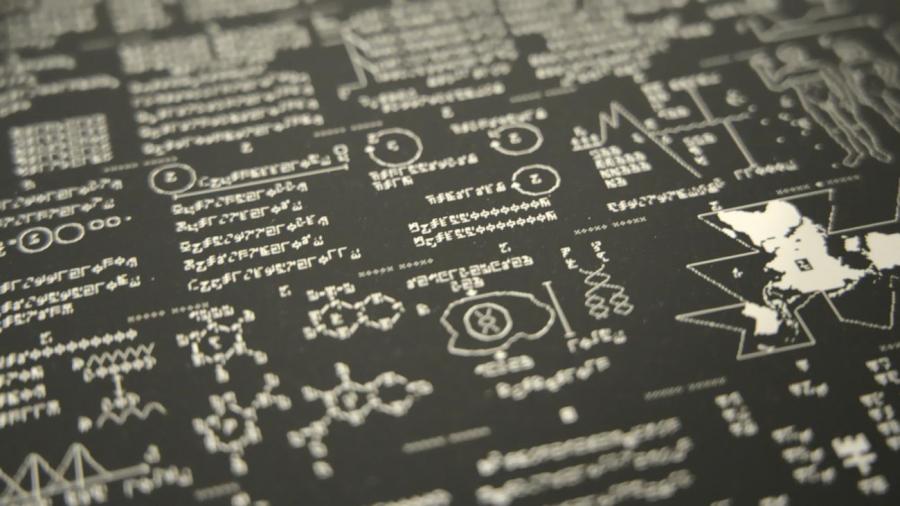
Abstract
Computer scientists claim they are on the verge of simulating consciousness, thus reviving an ancient philosophical poser: how can we be sure that we ourselves are not the product of a simulation? Might what we take to be the 'real' universe in fact be an illusion created in another plane of reality? How could we tell? Many scientists now favor some version of the so-called multiverse theory, which posits a vast number of parallel universes. Some believe that fake universes vastly outnumber real ones in the multiverse, leading inexorably to the uncomfortable conclusion that this universe is almost certainly a fake. Is this popular 'simulation argument' the next logical step in the historically increasing expansion of our world view, or a reduction ad absurdum of science?
Biography
Paul Davies is a British-born theoretical physicist, cosmologist, astrobiologist and best-selling author. He is Regents’ Professor and Director of Beyond: Center for Fundamental Concepts in Science, at Arizona State University, where he is also co-Director of the Cosmology Initiative and Principal Investigator of the Center for the Convergence of Physical Science and Cancer Biology. Prior to his move to the USA, he helped create the Australian Centre for Astrobiology in Sydney. Davies has written about 30 books, many for the general public. His most recent is The Eerie Silence: are we alone in the universe? In 1995 he was awarded the Templeton Prize for his work on the deeper meaning of science. He was also awarded the Faraday Prize by The Royal Society, the Kelvin Medal by the UK Institute of Physics, the 2011 Robinson Cosmology Prize, and many book awards, as well as three honorary degrees. Paul Davies is also known worldwide as a television and radio commentator and is the author of hundreds of newspaper and magazine articles.